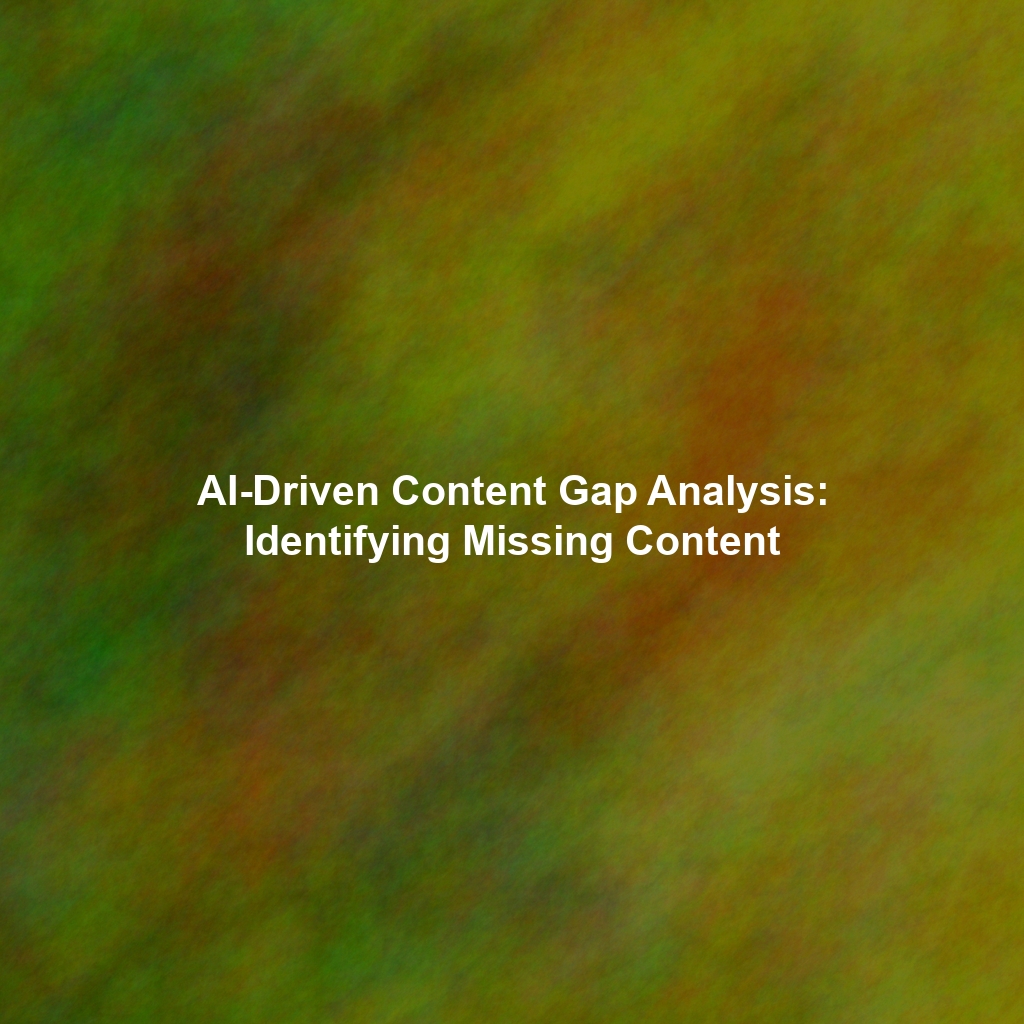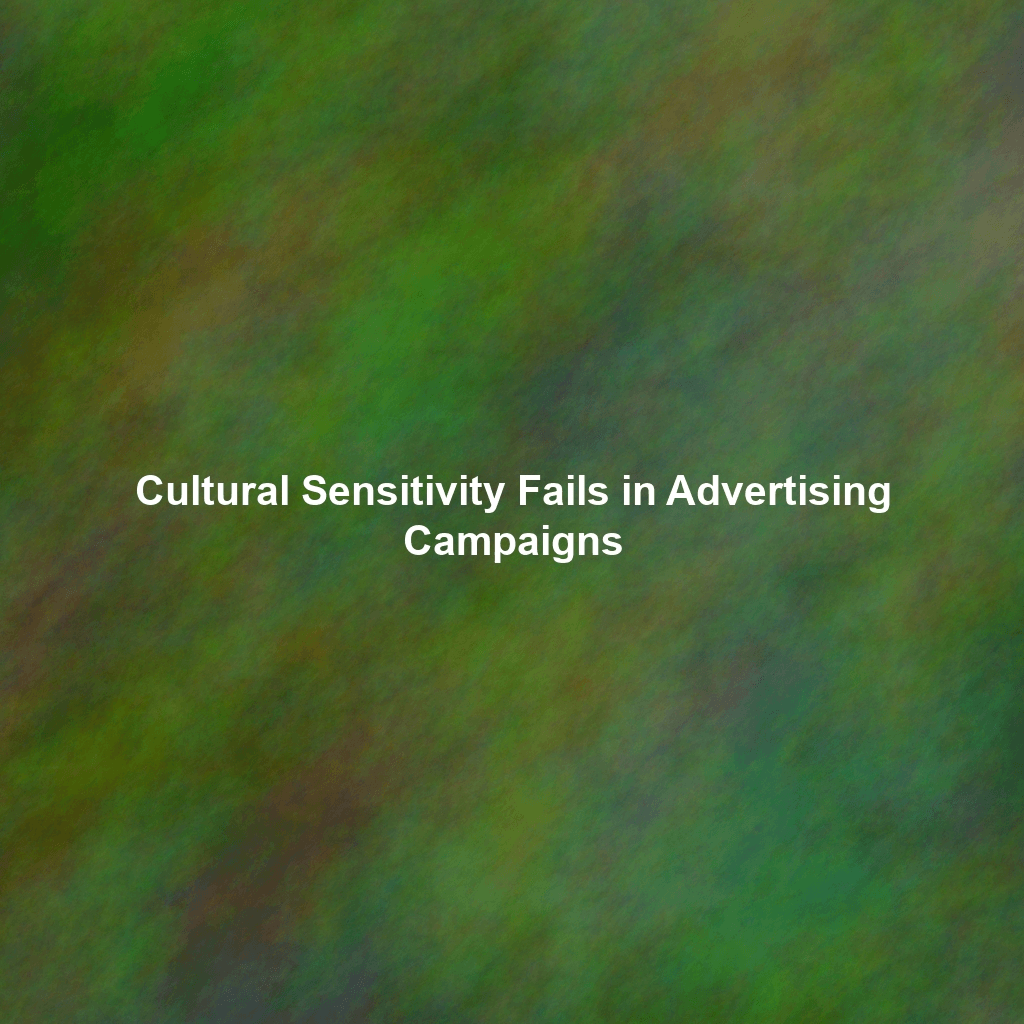In today’s digital landscape, where information overload is the norm, building trust and credibility is more crucial than ever for successful marketing. Google’s E-E-A-T guidelines (Expertise, Experience, Authoritativeness, and Trustworthiness) play a vital role in determining the quality and ranking of websites. Understanding and implementing E-E-A-T principles is essential for achieving higher search rankings and establishing a strong online reputation.
Understanding Google’s E-E-A-T: The Foundation of Trust
E-E-A-T isn’t a direct ranking factor, but rather a set of guidelines Google uses to assess the overall quality of a webpage and its content. It’s a framework that helps Google understand if a website is providing valuable, accurate, and trustworthy information to its users. Let’s break down each component:
Expertise
Expertise refers to the level of skill or knowledge a content creator possesses in a particular area. Google wants to ensure that content is created by individuals or organizations with a demonstrated understanding of the subject matter. This is especially important for “Your Money or Your Life” (YMYL) topics, which can directly impact a person’s health, financial stability, or safety.
Experience
While expertise focuses on formal qualifications and knowledge, experience emphasizes real-world, practical involvement. Have you actually done what you’re writing about? Sharing personal anecdotes, case studies, and firsthand accounts can significantly boost the ‘Experience’ aspect of E-E-A-T. For instance, someone writing about hiking trails is more credible if they’ve personally hiked those trails and can share their experiences.
Authoritativeness
Authoritativeness is about reputation – how others perceive you and your website within your industry. It’s a measure of your influence and credibility. Are you recognized as a go-to source for information? Are other reputable websites linking to your content? Authoritativeness is built over time through consistent, high-quality content and engagement within your niche.
Trustworthiness
Trustworthiness is the cornerstone of E-E-A-T. It encompasses the legitimacy, transparency, and accuracy of your website and content. It’s about building confidence in your audience that you are providing honest and reliable information. Website security, transparent business practices, and accurate information are all vital for establishing trustworthiness.
Optimizing Your Website for E-E-A-T: Practical Tips
Improving your E-E-A-T score requires a multifaceted approach. Here are some practical tips to enhance each element:
Enhancing Expertise and Experience
- Author Bios: Create detailed author bios that highlight the writer’s credentials, experience, and relevant expertise. Include links to professional profiles (e.g., LinkedIn) to verify their identity and qualifications.
- Showcase Your Expertise: Publish in-depth, well-researched content that demonstrates a deep understanding of the subject matter.
- Share Personal Experiences: Incorporate personal anecdotes, case studies, and real-world examples to add credibility and authenticity.
- Get Certified: If applicable, obtain relevant certifications or qualifications to showcase your expertise.
Building Authoritativeness
- Earn High-Quality Backlinks: Focus on acquiring backlinks from reputable and authoritative websites in your industry.
- Guest Blogging: Contribute guest posts to prominent industry blogs to increase visibility and establish yourself as a thought leader.
- Engage in Industry Communities: Participate in online forums, social media groups, and industry events to build relationships and share your knowledge.
- Get Featured in Publications: Seek opportunities to be interviewed or featured in industry publications or media outlets.
Establishing Trustworthiness
- Website Security: Ensure your website has an SSL certificate (HTTPS) to protect user data.
- Transparent “About Us” Page: Provide clear and detailed information about your company, its mission, and its values.
- Contact Information: Make it easy for visitors to contact you by providing clear contact details, including a physical address and phone number.
- Privacy Policy and Terms of Service: Have comprehensive privacy policies and terms of service that are easily accessible on your website.
- Fact-Checking and Citations: Implement a rigorous fact-checking process and cite your sources to ensure accuracy and transparency. Use credible sources.
- User Reviews and Testimonials: Encourage users to leave reviews and testimonials on your website or third-party platforms. Actively manage and respond to feedback.
The Importance of Citations and Fact-Checking
In the age of misinformation, citing credible sources and implementing a robust fact-checking process are paramount. Always verify information from multiple reputable sources and clearly cite your sources using appropriate citation methods. Be transparent about your research process and ensure that all claims are backed by evidence.
Building a Strong Online Reputation
Your online reputation is a reflection of your trustworthiness and authoritativeness. Actively manage your online reputation by monitoring reviews, responding to feedback, and addressing any negative comments or concerns promptly and professionally. Encourage satisfied customers or clients to leave positive reviews and testimonials.
Conclusion
E-E-A-T is not just a set of guidelines; it’s a philosophy that emphasizes the importance of providing valuable, accurate, and trustworthy information to your audience. By focusing on building expertise, experience, authoritativeness, and trustworthiness, you can improve your search rankings, establish a strong online reputation, and ultimately build long-term relationships with your customers. Remember that building E-E-A-T takes time and consistent effort, but the rewards – increased visibility, credibility, and customer loyalty – are well worth the investment.
 Skip to content
Skip to content
